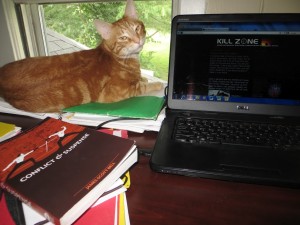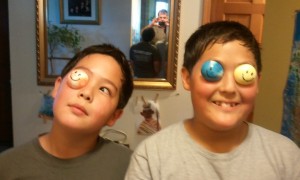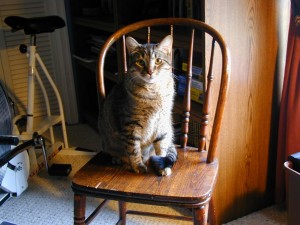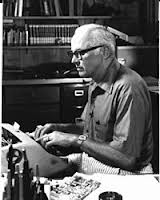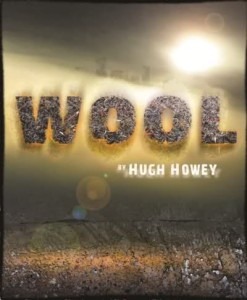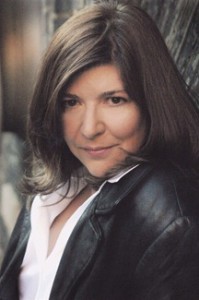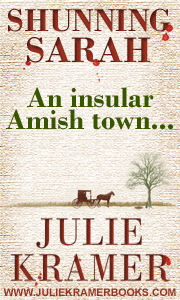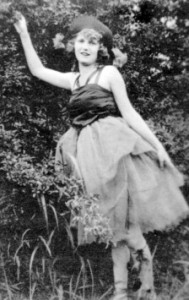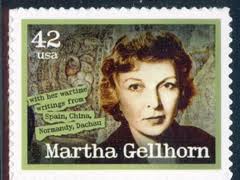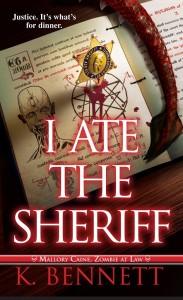James Scott Bell
@jamesscottbell
One of our regular readers, Elizabeth Poole, left a comment on Clare’s Monday post about prequels and sequels. Specifically, Ms. Poole said, “As a writer, it’s been difficult to find information on writing novellas especially. Most articles I read say ‘it’s like a novel, only shorter.’ Hello, Captain Obvious.”
Well, if I may be so bold as to jump into a phone booth (wait, do they have those?) and emerge as Captain Craft––as well as the author of two currently selling novellas––let me take a stab at the subject.
Yes, a novella is obviously shorter than a novel. A rule of thumb puts the novella between 20k and 40k words.
Here are the general guidelines for writing a novella. I say general because, like all writing principles, they are subject to change. But ONLY if you have a good reason for the exception!
1. One plot
The length of the novella dictates that it have one plot. It’s a too short to support subplots. That doesn’t mean you don’t have plot complications.It’s just that you are doing your dance around one story problem.
2. One POV
It’s almost always best to stick with one point of view. Both of my novellas, Watch Your Back and One More Lie, are written in first person POV. That’s because you want, in the short space you have, to create as intimate a relationship between the Lead character and the reader as possible.
As indicated earlier, more than one POV is acceptable if you have a reason for including it. And that reason is NOT so you can fill more pages.
A modern master of the novella is, of course, Stephen King. A look at his collection, Different Seasons, reveals three novellas written in first person POV. The exception is Apt Pupil, which is about an ex-Nazi’s influence over a thirteen-year-old boy. The story thus has a reason for shifting between these two points of view. However, I note that Apt Pupil is the longest of these, and I actually suspect it’s over 40k words, making it a short novel.
3. One central question
There is one story question per novella, usually in the form: Will X get Y?
In Rita Hayworth and the Shawshank Redemption, by Stephen King, the question is, will the wrongly convicted Andy Dufresne survive in God-awful Shawshank prison?
In The Old Man and the Sea: Will the old fisherman, Santiago, land the big fish?
A Christmas Carol: Will Ebenezer Scrooge get redemption?
4. One style and tone
There are novels that crack the style barrier in various ways, but a novella should stick to one tone, one style throughout.
In the old pulp days, novellas were common and usually written in the hard boiled style.
My two novellas are done in the confessional style of James M. Cain––the narrator looking back at his past sins, detailing the consequences of same, with a twist ending.
Romance would have a different tone. Ditto paranormal. Whatever the genre, keep it consistent.
The Benefits of the Novella
Digital publishing has brought novellas back into favor. There are some story ideas that don’t merit 90k words, but may be just right for 30k. The suspense story is particularly apt for this form. One of the great masters, Cornell Woolrich, practically made his career on novellas of suspense.
An indie-publishing writer can charge 99¢ – $2.99 for novellas. They can obviously be turned out more quickly than a full length novel.
Some Suggestions for Writing the Novella
1. Make sure your premise is rock solid
You don’t want to travel down the road of a flabby idea, only to find out after 15k words that it isn’t working. Come up with a premise that creates the greatest possible stress for the Lead character. For example, One More Lie is about a man accused of murdering his mistress. He’s innocent of the crime, but guilty of the adultery. A bit of stress, I’d say.
2. Write in the heat of passion
Novellas are great for the NaNoWriMos among us. Getting the story down quickly releases that inner creativity we long for. And there won’t be the need for as much revision as in a novel, which has subplot complications to deal with.
3. Use white space to designate scene changes
Instead of chapters, the novella usually employs white space between scenes. Some writers do break up a novella into sections designated by numbers. That’s a matter of style. Just don’t say “Chapter 1” etc. It’s not necessary and interrupts what should be the flow.
4. Keep asking, How can it get worse?
Whether your novella is about the inner life of a character (as in The Old Man and the Sea)or the outer life of the plot (as in Double Indemnity) turn up the heat on the character as much as you can.
Think of the novella as a coil that gets tighter and tighter, until you release it at the end.
Some Famous Novellas
The Pearl,John Steinbeck
The Old Man and the Sea, Ernest Hemingway
A Christmas Carol, Charles Dickens
The Body, Stephen King
Double Indemnity, James M. Cain
A River Runs Through It, Norman Maclean
Phantom Lady, William Irish (aka Cornell Woolrich)
So what do you readers thing of the novella form? Any favorites?
And you writers out there, have you tackled the novella? Or at least danced with it?







